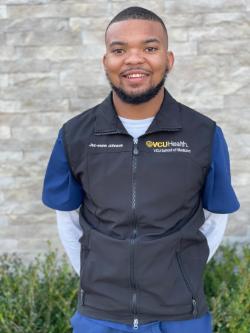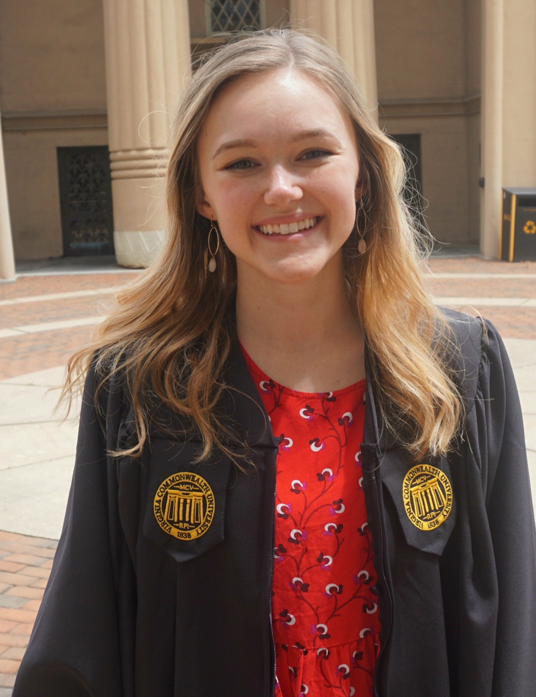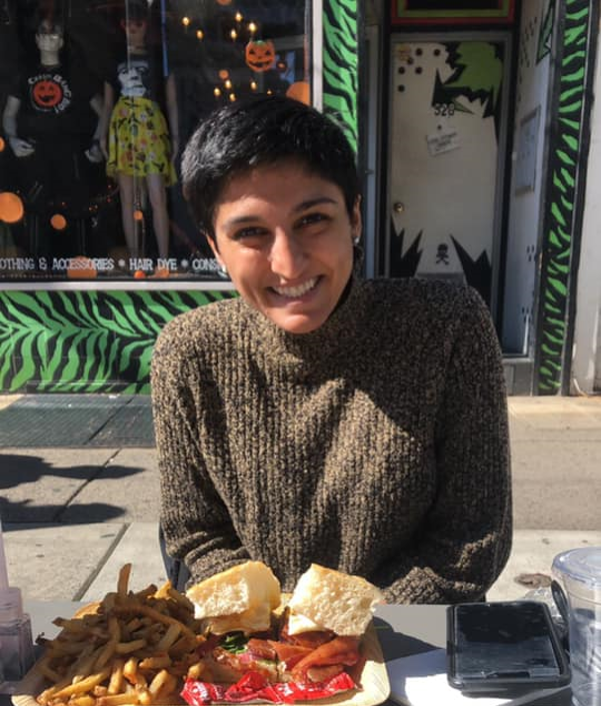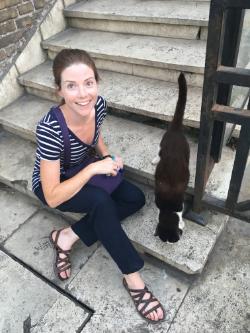An unprecedented number of VCU School of Medicine students have received National Health Service Corps scholarships this year. The prestigious program provides tuition and living stipends for up to four years to students pursuing careers in primary care, and recipients commit to serving for at least two years in a medically underserved community after completing their training. Thousands apply for the scholarship each year, and from 2005 until 2020, only nine VCU medical students had earned an award. This year, of the several-hundred awardees nationwide, five are VCU medical students.
Three of the five recipients are part of the International/Inner City/Rural Preceptorship, or I2CRP, program, a four-year longitudinal track for medical students who declare an interest in working with medically underserved populations in international, urban or rural settings. The program includes community-based core clinical rotations, a community immersion month and a scholarly project.
According to Mary Lee Magee, an assistant professor in the Department of Family Medicine and Population Health and the I2CRP director, students’ engagement in the program sends a strong message to faculty, peers and organizations of their intent to practice in underserved areas.
“Most I2CRP students enter medical school with a mission to care for the communities and patients who need them the most. Often, this commitment is shaped by personal experiences witnessing the profound impact of systemic obstacles to health on individuals, families and communities,” Magee said. “Our job in I2CRP is to help each student find their own path while sustaining the dreams and commitments that brought them to medical school in the first place.”
Peter Buckley, M.D., dean of the VCU School of Medicine, reflected on the students’ desire to have a meaningful impact as physicians.
“Earning a National Health Service Corps scholarship is a testament to the passion and dedication that these students have demonstrated early on in their careers, and their resolve to address inequity as health care providers is exemplary,” said Buckley. “As we continue our work in the realm of diversity, equity and inclusion, we should all be immensely proud that we are educating a generation of future physicians who care so deeply about providing the highest quality of care for all patients.”
2021 National Health Service Corps Scholarship Recipients

Jaz-Munn Johnson (M3)

Hannah Peters (M2)

Anna Broshkevitch (M2)

Shivani Gaur (M2)

Sarah Edwards (M1)